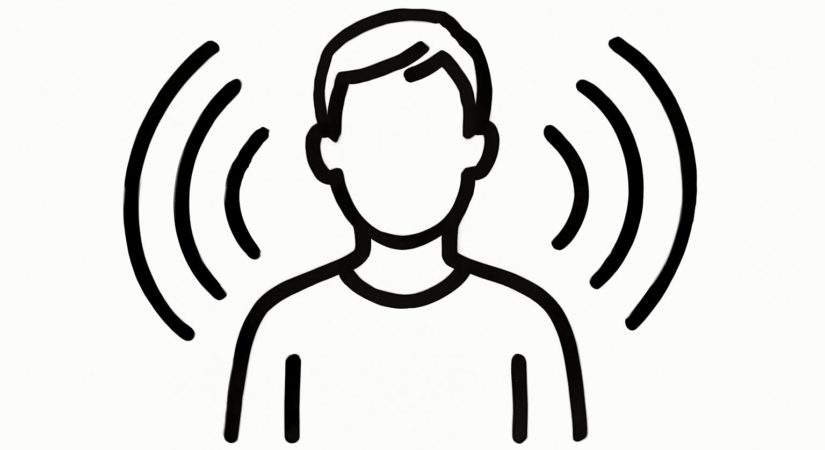Researchers at UC Santa Cruz have developed a proof of concept system called Pulse-Fi that measures heart rate using WiFi signals themselves, without any sensors or wires. The technology can detect heartbeats from up to ten feet away by analyzing changes in WiFi channel state information caused by the heart’s activity.
The team, which included a visiting high school student, paired actual heart rate measurements with variations in WiFi signal data to create a model capable of accurately predicting heart rates. The experiments primarily used an ESP32 device, while a Raspberry Pi also succeeded using data collected remotely from Brazil. Though the Pi performed slightly better, it is more costly.
This approach suggests different WiFi chipsets may require specific training to work reliably. While many questions remain about the technology’s accuracy in everyday settings, it opens possibilities for using WiFi and other radio-frequency signals like Bluetooth to monitor physiological data without wearable devices.
Such advances could eventually eliminate the need for traditional heart rate monitors or wristbands and inspire new applications, including wireless detection systems akin to polygraphs.
